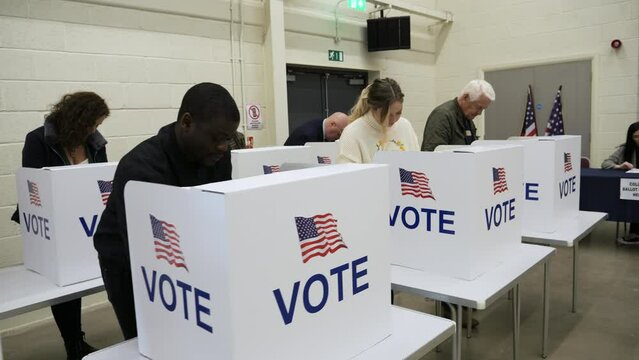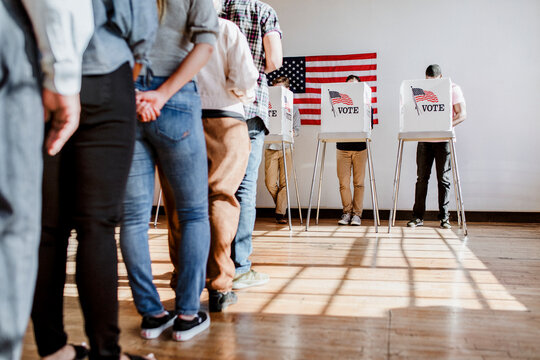Election Information and Candidate Research
Making informed voting decisions requires access to reliable information about candidates, ballot measures, and local issues that affect your community. Effective candidate research involves examining voting records, policy positions, endorsements, and campaign finance information to understand who best represents your values and interests.
Beyond federal elections, local elections often have the most direct impact on daily life through decisions about schools, infrastructure, public safety, and municipal services. Researching local candidates and ballot measures requires understanding how local government works and which positions have authority over issues that matter most to your community.
Reliable sources for election information include official government websites, nonpartisan voter guides from organizations like the League of Women Voters, candidate websites, local newspaper endorsements, and public forums or debates. Cross-referencing multiple sources helps ensure you have accurate, comprehensive information before making voting decisions.




